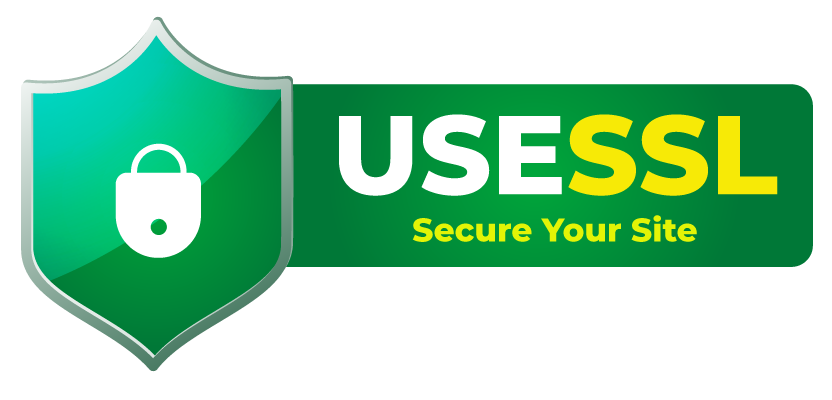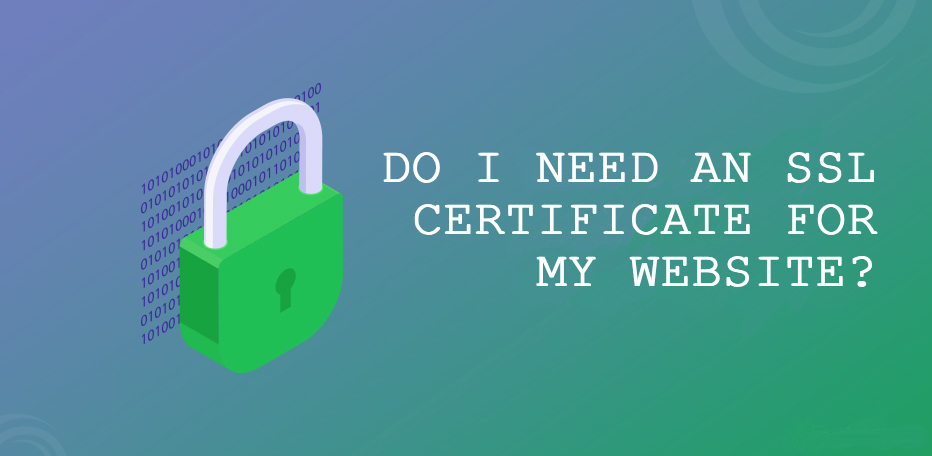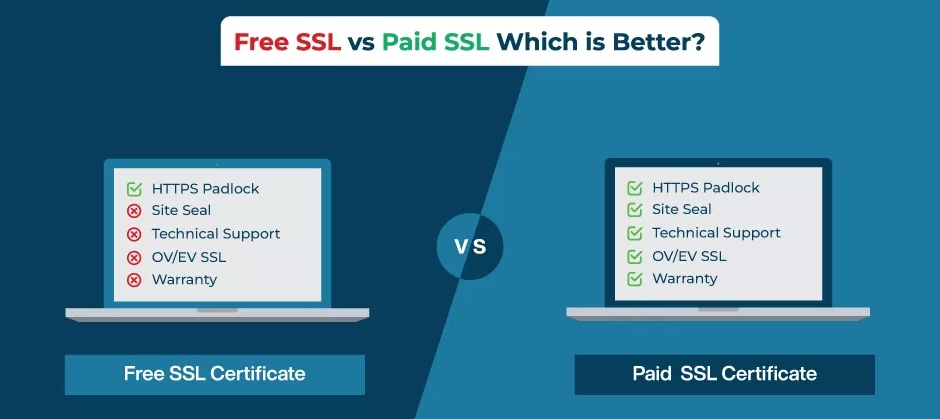Your business website is a valuable sales and marketing tool that can help customers find you online. Whether you sell products or services or use your website to inform potential customers about your business, you may be wondering whether or not you need an SSL certificate. But what is an SSL certificate? An SSL certificate secures your website to protect important customer data from cybercriminals.
If you collect personal information from customers, whether it’s credit card numbers or something as simple as an email address, your website needs an SSL certificate, even if you don’t sell anything. SSL certificates ensure that this data travels securely from a user’s browser to your website server without being intercepted by hackers. An SSL certificate is also essential for compliances.
Making your website secure adds HTTPS to your website instead of HTTP. While customers might not notice this in the URL, they expect your website to be safe. Search engines like Google also expect your website to be secure, and having an unsafe website can be bad for your ranking on search results. Ultimately, securing your website and protecting your customers’ data can help build customer trust and make them confident in your business and website.
SSL is a type of encryption protocol that secures data between browsers and servers so it can’t be intercepted. This makes it impossible for hackers to read customer information. Ultimately, SSL certificates create a safer website experience for businesses and customers.
Depending on their browsers, customers may be warned about unsecured websites with a popup or message that requires users to click a button to proceed. These warnings scare customers away because they see a potential security warning that suggests they could be hacked. If you don’t have an SSL certificate, you’re likely to lose many customers due to a browser’s security measures.
If your website collects any information from customers, including emails, addresses, names, or business names, you must have an SSL certificate to make their data secure when it’s transferred to your server. However, even businesses that don’t sell anything or collect data through their website should still have an SSL certificate to protect their website traffic.
Advantages of SSL certificates
- Keeps data secure. SSL certificates protect customer data, including names, addresses, email addresses, and credit card information, from cybercriminals who can use this information to steal identities.
- Enhances trust between customers. Customers expect your website to be secure and protect their data. If you don’t have an SSL certificate and they get a pop-up warning suggesting your website isn’t safe, they’ll lose trust in your business and may not continue onto your website.
- Meets PCI/DSS requirements: PCI/DSS is mandated by the Payment Card Industry Security Standard council and set up by the major credit card companies and banks for companies that accept, store, and process cardholder data. If you don’t have an SSL certificate, you may not be able to work with a payment processor to sell products online.
- Authenticates your identity: Encryption can enhance your brand reputation because it authenticates and validates your business.
- Improves ranking on search engines: Google rewards websites with SSL certificates by helping them rank higher in search engine results pages (SERPs) because it offers their users better security.



Write a comment
Your email address will not be published. All fields are required